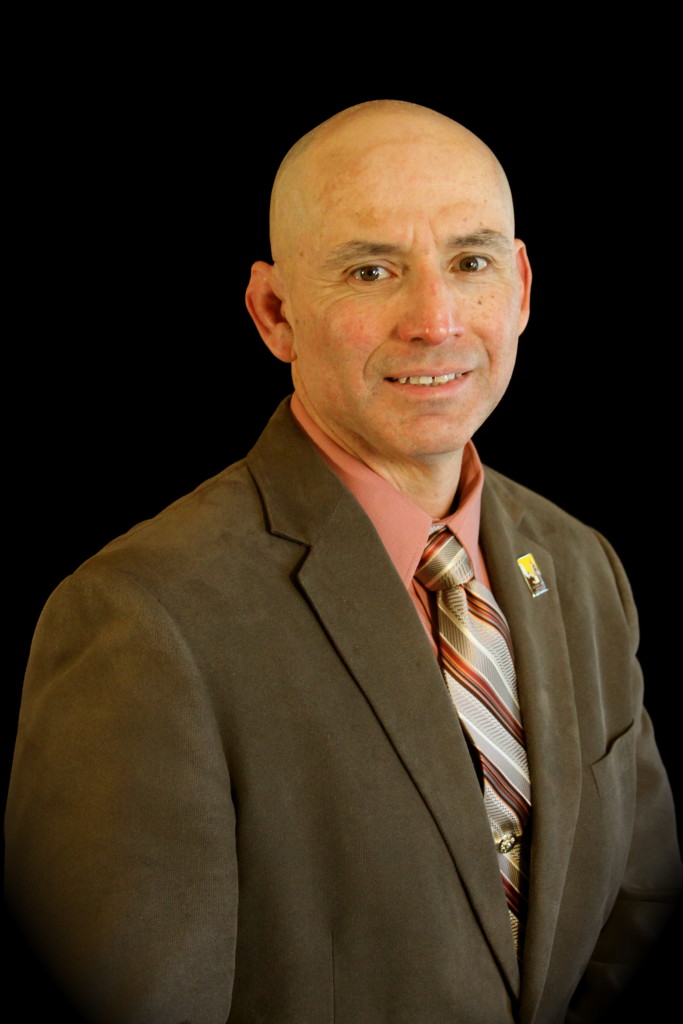Editor’s note: Amigos805 welcomes guest columns, letters to the editor and other submissions from our readers. All opinions expressed in submitted material are those of the author and do not necessarily represent the viewpoint of Amigos805.
By Frank P. Barajas / Guest contributor
To prepare residents for the 21st century, California’s leaders lack vision. Instead of leading the charge that demands the full funding of its systems of public higher education, Janet Napolitano, President of the University of California, and Timothy White, Chancellor of the California State University, scoff this notion.
For example, in late January, in a conversation to recruit more underrepresented students and inform them how to pay for the ever-increasing price of tuition, White stated, “Nobody likes the word that begins with a T [i.e., taxes] . . . I’m an idealist and want to maintain costs as low as possible for students, but I’m also a realist.”[i]
Similarly, and shortly afterward, when asked about Democratic presidential candidate Bernie Sanders’ tuition-free public college promise, Napolitano responded, “I don’t think it’s feasible… I appreciate the sentiment … but you’ve got to ask, who pays?”[ii]
I don’t know what to make of the myopia of these two who helm, respectively, the largest and one the most prestigious public university systems in the world.
To answer Napolitano’s question, the following constituents can pay a squarer share by way a reformed tax system:
- Commercial property owners, disproportionate beneficiaries under Proposition 13[iii]
- Like in Texas and Alaska, fossil fuel corporations that reap huge profits from California’s reserves
- The removal of corporate tax subsidies
- Support a fraction of a percent tax on Wall Street speculation as proposed by Bernie Sanders[iv]
But the vapidity of White and Napolitano mirrors the pusillanimous character of the political establishment of California.
This abandonment is particularly frustrating as Hispanic pols are not only increasingly elected into the California legislature but also holding posts that influence such policies.
For example, Kevin DeLeon is Senate Pro Tem and, just recently, Anthony Rendon became Assembly speaker.[v] In addition, Assemblymember Jose Medina chairs the Higher Education committee.
But only Bernie Sanders champions a tuition-free public higher education.
While a new cycle of state officials enjoy the fruits of elected office, Hispanic students are enrolling in the CSU and UC in historic numbers. So much so that CSU and UC campuses throughout the state are winning the coveted designation Hispanic Serving Institution (HSI): CSU Channel Islands (my university), CSU Chico, UC Santa Barbara, and UC Santa Cruz to name a few.
To be a HSI, 25% of a university’s full time equivalent student population must be Hispanic. Once a HSI, it is eligible for sorely needed federal grants to augment its capacity to serve all students.
So as the CSU and UC are enjoying millions of federal HSI federal, they are financially sticking it to all students who, on average, are assuming over $20,000 of debt.[vi]
Napolitano herself admits that 55% of UC undergraduates assume such a debt. This may not be much for a UC president with a pay package approaching $600,000.[vii] (White’s annual salary is $430,000[viii]) But for a twenty-something, working-class, first-generation college student this is huge.
Why don’t Sacramento legislators and university executives direct the cause for a tuition-free public higher education?
Could it be that they dread to offend real estate interests, utilities companies, financiers, and other corporate interests that bankroll their political campaigns and donate to their university foundations?
In exchange for their financial contributions, these elites demand that elected officials and university functionaries not promote the reformation of the state’s tax code to make a public higher education once again virtually tuition free.
This is done by way of lobbying in and out of the cloistered rooms of the state capital and college campuses.
In my historical research of the Ernesto Galarza papers at Stanford University, I came across a document that stated that once a non-profit agency accepted donations from utilities companies it sold its soul.
This intrigued me.
Then I noticed how my university regularly received donations from utilities companies among other corporate benefactors.
Then a few years later, I examined the papers of Charles C. Teague at UCLA. Teague captained the Limoneira Ranch Company in Ventura County and founded the Associated Farmers, an organization created to bust labor unions.
As a citrus baron, Teague raised financial support from finance, insurance, railroad, and petro-chemical companies to not only destroy unions but also influence Sacramento politicians to defeat workmen’s compensation, minimum wage, occupational safety, and other pro-labor legislation.
If history is a prologue to the present, I suspect a similar pressure-group dynamic muzzles Sacramento politicos and people like White and Napolitano from calling for a reformed tax structure so that today’s young people will not be burdened with crushing intergenerational student-loan debt.
So what’s the solution?
Every college student, parent, and grandparent who cares must contact Governor Brown and their state representatives to demand a tuition-free CSU and UC education. Vote Smart at http://votesmart.org/ can tell you who represents you.
[i] LATs, January 26, 2016.
[ii] LATs, February 5, 2016
[iii] SFGate, July 6, 2015
[iv] https://berniesanders.com/issues/its-time-to-make-college-tuition-free-and-debt-free/
[v] LATs, March 3, 2016.
[vi] http://ticas.org/posd/map-state-data-2015#overlay=posd/state_data/2015/ca;http://www.sfchronicle.com/business/networth/article/Report-student-debt-load-in-California-6594452.php
[vii] Sacramento Bee Data Base, October 9;
[viii] LATs, July 21, 2015.
— Frank P. Barajas is a California State University Channel Islands professor and the author of “Curious Unions: Mexican American Workers and Resistance in Oxnard, California, 1898-1961.
Editor’s note: Amigos805 welcome comments on stories appearing in Amigos805 and on issues impacting the community. Comments must relate directly to stories published in Amigos805, no spam please. We reserve the right to remove or edit comments. Full name, city required. Contact information (telephone, email) will not be published. Please send your comments directly to frank@amigos805.com

